Russia’s fleet of nuclear power reactors is aging. In fact, 23 out of 35 operating reactors have passed their designed lifetime, which means 66% of the reactors are overdue. Chapter 1 tells about the current status of nuclear power reactors in Russia.
Plans and information on decommissioning is missing. A law from February 2019 requires all Russian nuclear power plants must have a decommissioning concept. But when we have asked operators of the nuclear power plant to provide these concepts, and to inform about when they plan to end operation, we don’t get satisfactory answers, as shown in chapter 2. This can provide an example of the difficulties to work with nuclear and other environmental issues in Russia.
Decommissioning Russia’s old nuclear power reactors: status update on key processes 2019
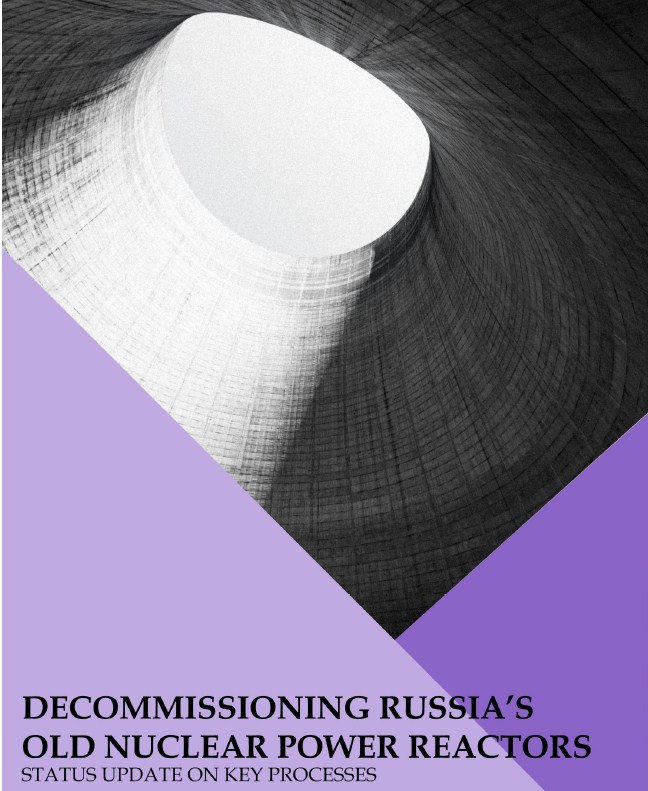
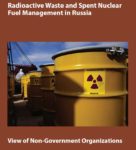 One of the areas of state policy in the sphere of radioactive waste and spent nuclear fuel management is the provision of environmental safety for the population.
One of the areas of state policy in the sphere of radioactive waste and spent nuclear fuel management is the provision of environmental safety for the population.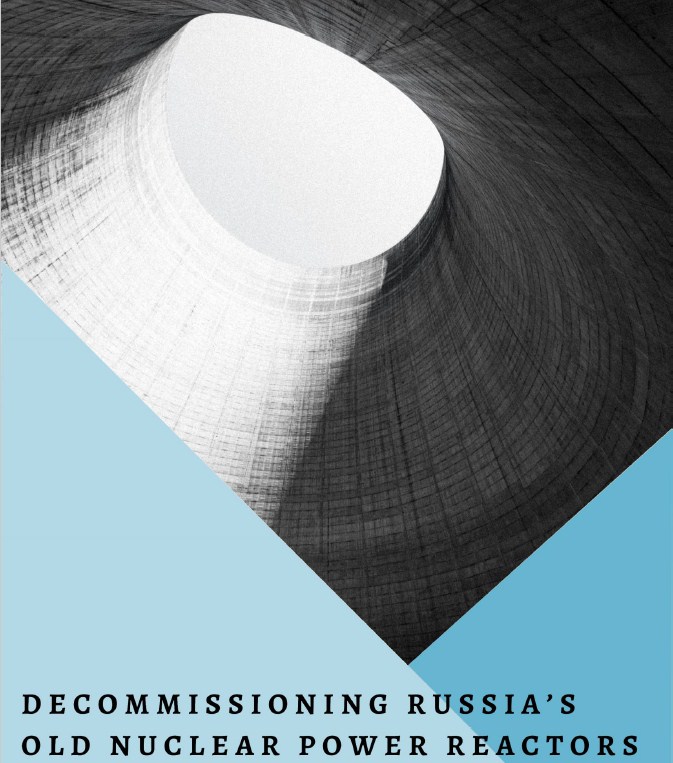

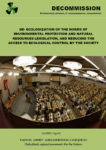 When characterising the modern environmental protection and natural resources legislation, it is possible to point out the general tendencies of its development. Along with certain positive tendencies (standardization, systematisation and others), there are also regressive elements to observe. Now, in specific branches of the legislation, there are changes towards a weakening of the requirements for environmental protection and an expanding space for uncontrolled environmental management.
When characterising the modern environmental protection and natural resources legislation, it is possible to point out the general tendencies of its development. Along with certain positive tendencies (standardization, systematisation and others), there are also regressive elements to observe. Now, in specific branches of the legislation, there are changes towards a weakening of the requirements for environmental protection and an expanding space for uncontrolled environmental management.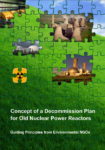 The Concept mission is to involve authorities, nuclear industry and general Russian public in the process of the timely planning of safe decommissioning of nuclear power units, which have reached their design lifecycle limit. Decommissioning is a complex, expensive and long-term process. It requires the integrated solution of technological, environmental, social, financial and ethical problems. For the Concept preparation the available Russian experience has been analyzed, other sources included materials and documents acquired during trips and acquaintance with the decommissioning experience of Ignalina NPP (Lithuanian town Visaginas) and NPP Nord (German town Greifswald). Both nuclear plants had units similar to those, which are operated in the North-West Russia (Leningrad and Kola NPPs).
The Concept mission is to involve authorities, nuclear industry and general Russian public in the process of the timely planning of safe decommissioning of nuclear power units, which have reached their design lifecycle limit. Decommissioning is a complex, expensive and long-term process. It requires the integrated solution of technological, environmental, social, financial and ethical problems. For the Concept preparation the available Russian experience has been analyzed, other sources included materials and documents acquired during trips and acquaintance with the decommissioning experience of Ignalina NPP (Lithuanian town Visaginas) and NPP Nord (German town Greifswald). Both nuclear plants had units similar to those, which are operated in the North-West Russia (Leningrad and Kola NPPs).